Shōgun Deserves Much More Than The Ad Nauseum Game Of Thrones Comparisons
Shōgun opens the door to a fascinating time of history, often grossly misrepresented in popular culture
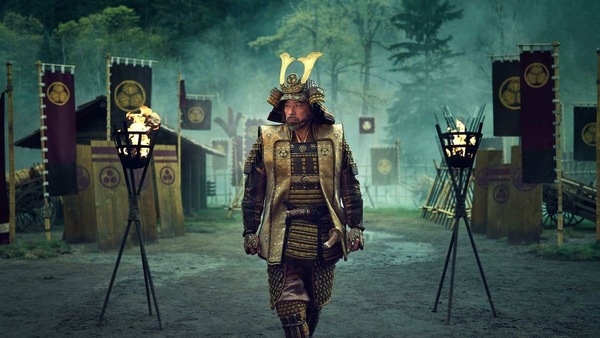
Last Updated: 03.10 PM, Mar 27, 2024
This column was originally published as part of our newsletter The Daily Show on March 27, 2024. Subscribe here. (We're awesome about not spamming your inbox!)
***
IN A TIME when it seems like a blockbuster television series is scheduled to release every other month, and almost all of it is lazily weighed (in however roundabout a manner) up against Game of Thrones ('Is this the new GoT?', 'Could this be the new GoT?', 'Why this is the new GoT'), the whole affair can become a little desensitising and the conversations rather dull.
So when a show like Shōgun rolls around, it's only natural to reach out for the folder marked with labels like epic/gory/GoT-like, and file it in. To be sure, while that would make everyone's life much easier, we pride ourselves on digging holes — also for ourselves — at this fine establishment (even on deadline days). So how is this historical drama unlike some other sprawling shows of recent times?
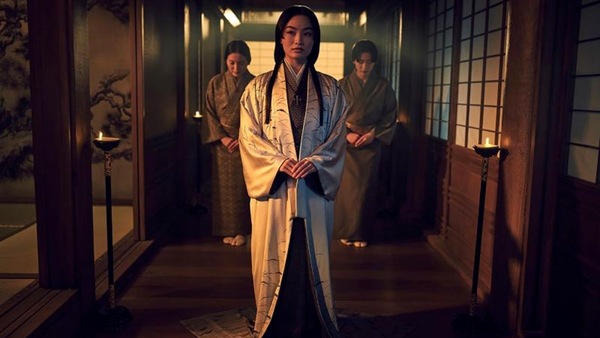
The History
Based on James Clavell’s 1975 bestselling novel of the same name, Shōgun opens in the year 1600 with Japan on the verge of a consequential civil war, following the death of its leader Toyotomi Hideyoshi. Left behind to rule is a council of five regents designated by the deceased leader to protect his young son until he is old enough to rule. One of them, the astute and powerful Lord Yoshi Toranaga (Hiroyuki Sanada), is now at odds with his four political rivals, and on the verge of being executed in Osaka.
Meanwhile, in a fishing village on the western coast of Japan, a lone Dutch ship is found marooned with a handful of its surviving, starving crew. John Blackthorne (Cosmo Jarvis), the ship's English pilot and a Protestant, now finds himself a prisoner in an unfamiliar country, surrounded by enemies — the entrenched Portuguese traders and the Catholic Church's Jesuit order.
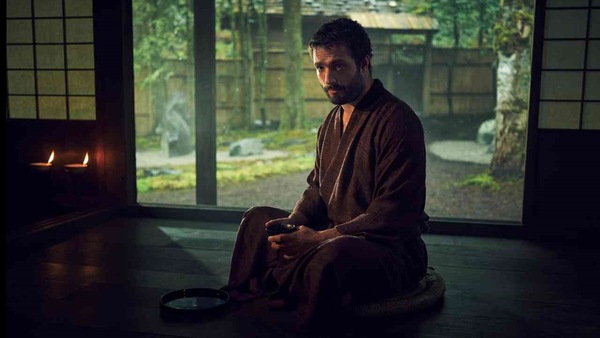
The intertwined fates of the two men, along with that of a mysterious high-born woman, Toda Mariko (Anna Sawai), forms the crux of our story, even as the destiny of Japan hangs in the balance.
While Shōgun operates under the genre of historical fiction, what makes it truly exciting is how (much) it leans into the historical. The story, the setting, the characters…almost everything springs out of or is rooted in a rich past, and portrayed with unusual care for a Western production.
From feudal Japan to the Council of Five Elders, Treaty of Tordesillas, Tokugawa shogunate, the Dutch expeditions to the East, there is so much to sink one's teeth into, especially if one happens to be a history enthusiast. Every episode is an invitation for you to descend down the (Wikipedia) rabbit hole, so much so that the show has set up a 'viewer's guide' online to help one explore the “layers of people, places and histories that defined an epoch”... be it life and adventures of William Adams, who inspires the character of Blackthorne, or that of Akechi Tama, on whom Mariko is modelled. (The warlord Tokugawa Ieyasu is the muse for Toranaga.)
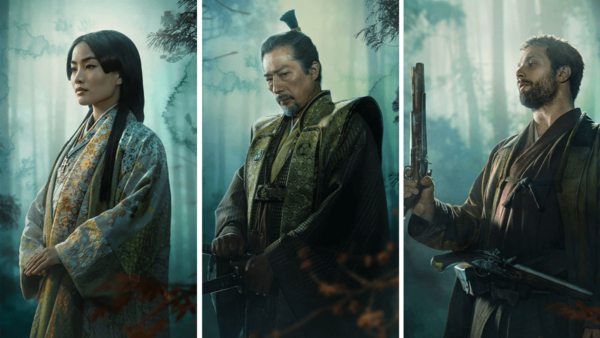
Of course, the show takes liberties with its retelling of these stories (even upsetting a few in the process), but you surely won't see any ghosts of dead princesses walking about.
A Grounded Affair
Despite the expansive scope and a vast cast of characters, the series feels firmly grounded.
The beautiful, minimal sets, the rugged outdoor locations, the meticulous costume designs, nuanced characters and (mostly) restrained performances, all together contribute to a sense of realism and maturity often lacking in period dramas.
Here, there are no comically evil villains or (surprisingly) eye-roll inducing scenarios that throw you off. Only a script that manages to keep a quick pace, without sacrificing storytelling or character development. Moreover, the show's method of engaging with the clash of cultures, philosophies and ideologies is (more often than not) via well-crafted, seesawing conversations, rather than some righteous finger-pointing or lecturing monologues.
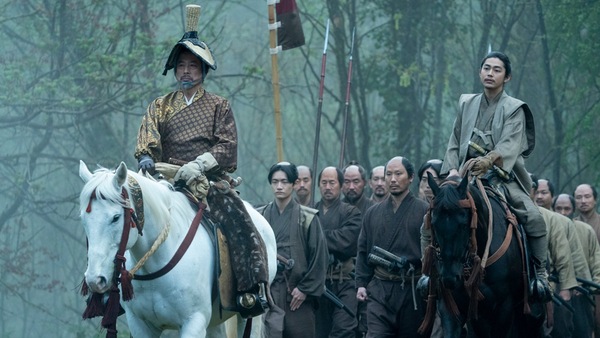
And yes, while the show does not shy away from blood and gore, for those who can stomach it, it never feels forced or gratuitous. I mean, people with scurvy don't look too great, nor do those who have been stabbed in the neck.
The Political Intrigue
One of the most enjoyable aspects of the show (and arguably when it shines its brightest) is when it engages as a political drama. Whether it's the power struggle and sly diplomacy between the five regents; or how the colonial Portuguese conduct their trade, and in hand, control the territory; or the (un)holy push and pull for influence by the Catholic Church (and the prosecution of the Protestants) — characters trying to outmanoeuvre their rivals through wits and cunning will always be more compelling than guts splattering around.
The series provides a riveting window into the complex (and oft violent) political landscape and twisted state of foreign affairs in the early 17th century, not just within the confines of Japan, but also between the East and Europe, on a broader scale.
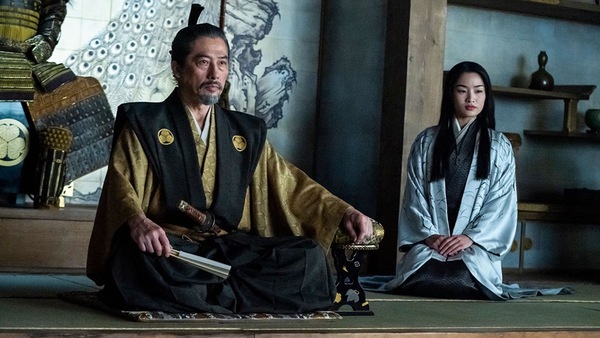
The Sitcom Humour
This might not be for everyone.
After a breathless start, for some reason, the show decides that it wants to play the humour card. What that mostly comes down to are extended scenes of lost-in-translation goofiness, creative name-calling and continuous misunderstandings between Blackthorne and everyone else.
While it can be amusing at times, and serves as a breather from the more serious goings-on of the narrative, it sure can begin to get on your nerves after a while. This seemingly filler, constant unwitting banter comes closest to the show going out of its way to cater to a wider audience, and use the East-West divide for stodgy gags. But then again, while it's not ideal, it doesn't break the show either, and comes down to individual tolerance.
So if you are coming to Shōgun for some laughs, boy, you'll get some.
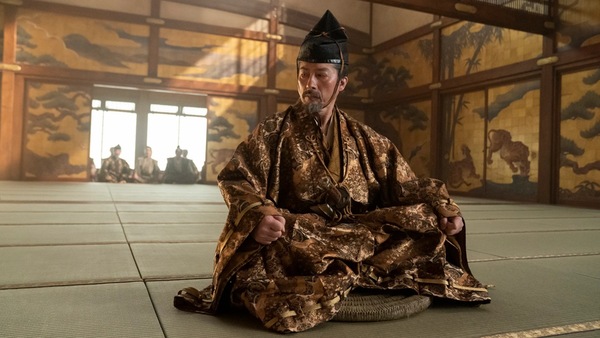
In the end, for a big-budgeted historical outing in Asia, the series gets much right, gracefully walking the tightrope between an action-adventure and a political drama, while thoughtfully handling many of its sweeping narratives and themes. Shōgun opens the door to a fascinating time of history, often grossly misrepresented in popular culture, and does a neat job of it. One hopes it sets a precedent for similar, better shows to follow.
